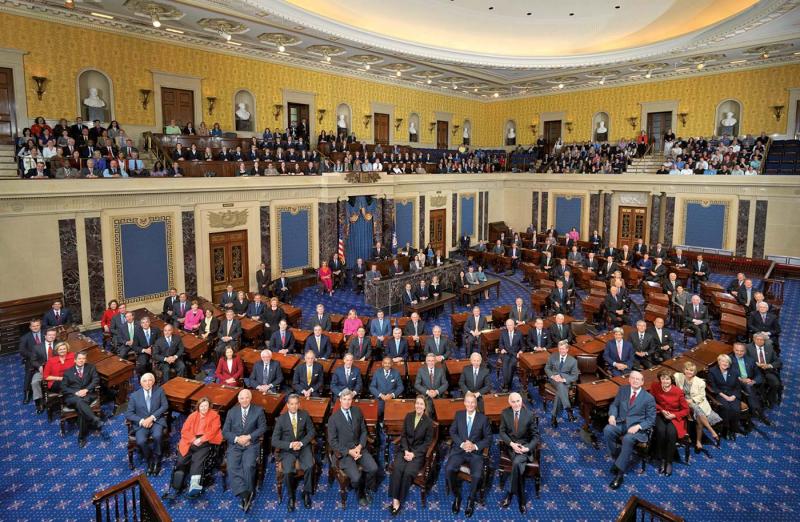
The U.S. Senate this week will begin consideration of a so-called “tax extenders” package. ATR supports this tax cut legislation and urges senators to vote for it.
On December 31, 2013, some 55 tax relief provisions in the code expired permanently. Unless Congress acts soon and retroactively, these tax cuts will never again be available to families and businesses.
Some tax provisions should not return–the wind production tax credit springs to mind, but there are a number of others. However, these are more than balanced out by extremely important tax relief provisions which must not be lost from the code. Broadly speaking, these are:
Cost recovery provisions for businesses. By far, the most important extender is the “50 percent bonus depreciation” item. This tax cut allows businesses of all sizes to immediately-deduct half the cost of new business equipment investments. The remaining half of the cost remains subject to punitive and slow “depreciation” deductions over many years. A number of free market groups are on record that this provision should be made permanent on the road toward full and immediate business expensing.
For smaller firms, their ability to write off business equipment investments would be permanently reduced to a paltry $25,000, down from $250,000 today. “Section 179” is relied upon by small- and mid-sized businesses, and it would be a massive tax increase on these employers to require them to submit to the antiquated depreciation regime.
There are a number of other cost recovery tax extenders, some of which have inaccurately been tabled as “spending” or bad tax policy. In fact, any tax relief which accelerates the speed at which businesses can recover assets on their taxes moves the code closer to the ideal tax policy, full business expensing. It would make no sense to let these provisions expire permanently, since that would move the tax code in the opposite direction from which conservatives have always wanted it to go.
Jobs here at home and the highest corporate rate in the world. The biggest and most popular extender is the research and development credit. It’s been around literally since the Reagan tax cuts, and has been extended by Congress some 14 times. It allows companies to quickly recover the cost of expenditures for research and experimentation.
Most importantly, it’s a key placeholder for our largest employers until such time as the corporate rate can be lowered. The United States has the highest marginal corporate income tax rate in the developed world at nearly 40 percent (including states). By contrast, the developed nation average is now under 25 percent. To maintain this super-high tax rate and simultaneously take away the most common way large employers deal with that reality is to invite jobs to be shipped overseas.
In that same light, the two major international tax extenders (CFC look-through and the Subpart F exemption) allow companies to deal with the fact that the U.S. seeks to tax income which has already been subject to tax in other countries.
Corporate inversions are a predictable outcome when you pair the highest corporate rate in the world with one of the worst international set of rules. Making the latter far worse is not a good thing if you want to keep jobs and capital here at home.
Tax relief for families. Many don’t realize that the extenders package is not just for employers. There’s also tax increases that families are living under, and which Congress should reverse. These include: not having to pay income tax on homes sold underwater; a deduction for state and local sales taxes for taxpayers in states without an income tax; a deduction for teacher classroom expenses and for college tuition; the ability for retirees to donate money from an IRA directly to a charity.
These tax provisions were used by millions of taxpayers in 2013. These families are counting on this tax relief to continue, and to strip away this tax relief without lowering their rates or cutting their taxes in any other way is a cruel twist of fate for the middle class.
Amendments to remove tax policies which should not be allowed to continue (as opposed to pro-growth tax relief, which should continue) should be made in order. However, ATR is concerned that to date, many conservatives have been deeply confused on this distinction. We have heard green energy tax credits mentioned in the same breath as accelerated depreciation, for example. We would urge senators considering amendments to be careful about throwing out the pro-growth baby with the crony capitalist bathwater.
For these reasons, warts and all, the Senate should pass the tax extenders bill. Ideally, the best of these tax relief items would be made permanent law, and the rest would be plowed into pro-growth tax reform. For now, though, the mandate for the Senate is clear: do no harm.

